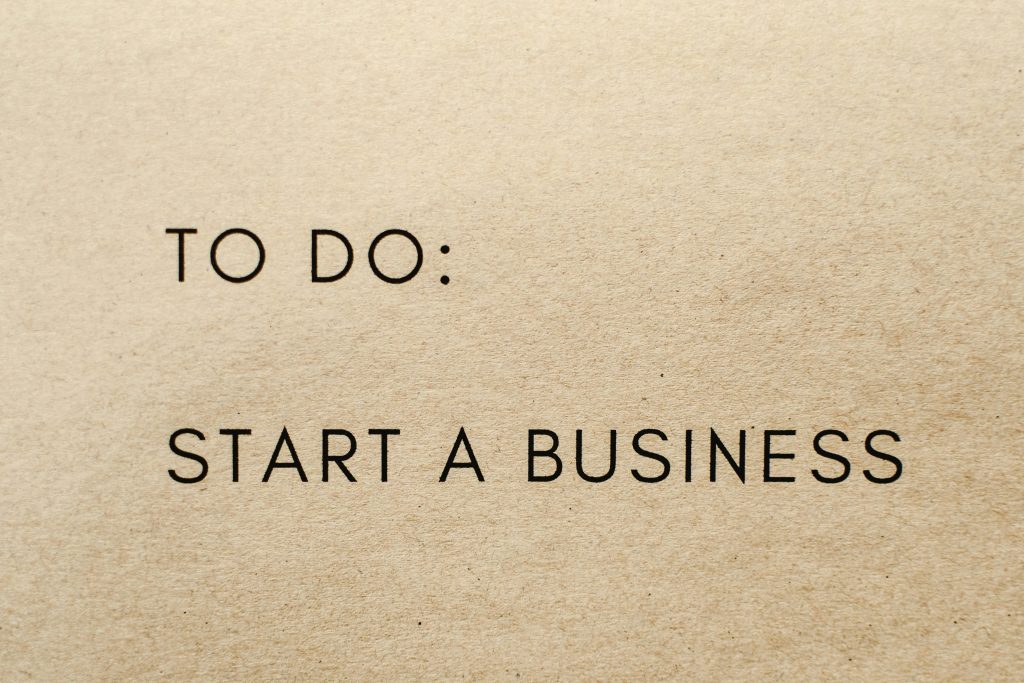Creating a website is one of the first big steps in building your business. It’s exciting, isn’t it? You’re officially about to set up your own digital space! But before you open any design tool or hire a web developer, it’s worth pausing for a moment.
Most people treat websites like digital business cards, they have a few pages, add a logo, and hope the magic happens. The honest truth is this is a complete waste of time and money and you’re setting yourself up to lose traffic, trust, and potential opportunities.
So, before you build anything, ask yourself these 5 essential questions. They’ll help you create a website that doesn’t just look good, but actually works for you.
- What Is the True Purpose of Your Website?
- Who Is Your Target Audience?
- What Are Your Competitors Doing Right and Wrong?
- How Will You Measure Success?
- How Will You Evolve Your Website Over Time?
What Is the True Purpose of Your Website?
A website without a purpose is dead on arrival. People think the goal is just “to be visible online“, but visibility without a clear direction is just noise. Your site needs to serve a function and not just exist for existing sake among millions of other websites.
Defining a clear purpose will guide everything, from the layout and design to the words on the page. Without this, your site can easily become a pretty–but-pointless placeholder on the Internet.
- Is your website meant to educate? Then what exactly do you want people to walk away understanding?
- Is it meant to build credibility? Then what evidence (case studies, testimonials, results) will prove you’re worth trusting?
- Is it meant to capture leads or nurture a community? Then where are the calls to action and feedback loops?
💡 Actionable Tip: Choose one primary goal and 2 secondary goals at most. Write a 1-sentence purpose statement for your website. Map every proposed page and feature to those goals and kill anything that doesn’t serve them.
Who Is Your Target Audience?
Before you say “everyone,” effective websites speak directly to specific people. A website that resonates deeply with the right people beats a generic one that tries to please everyone.
You will need to go beyond just demographics like “20-50yr olds”. What you are trying to do is to identify your visitors, and understand their habits, their online behavior, and values.
Think about your ideal visitor and ask:
- What would make them trust you?
- What are their challenges?
- What questions do they have?
💬 Challenge: Can you describe your user so well that they say, “It’s like you’re inside my head”?
What Are Your Competitors Doing Right and Wrong?
If you don’t analyze your competitive landscape, you’re likely to either copy something broken or miss the gap that would set you apart. You need to analyze their structure, how they communicate value, how fast you understand what they do, and where they fall short. Do their websites feel bloated and salesy? Why some pages feel trustworthy while others feel like a scam?
You want visitors to land on your site and immediately feel like, “Finally, someone who gets it.” That only happens when you’ve studied the field and intentionally chosen a sharper, smarter approach.
💬 Challenge: Find one major weakness in each of your top 3 competitors’ websites and write a headline that would steal their audience.
How Will You Measure Success?
Success isn’t “we launched.” It’s “We got 120 signups, 8 partnership inquiries, and 3 article shares.” If you can’t measure it, you can’t improve it. Most people launch websites, then stare at their traffic like deer in headlights, unsure what success even looks like. Some categories of KPIs are Engagement (time on page, scroll depth), Conversion(form submissions, CTA clicks, download), Impact (referrals, testimonials) etc.
Also, a beautiful site won’t help if no one sees it. Think about your strategy: will you be using social media, email newsletters, SEO, or paid ads? Having a plan for traffic before launching saves a lot of “why isn’t anyone visiting?” stress later.
How Will You Evolve Your Website Over Time?
A website is not a one-time project. You should be thinking 6–12 months ahead, or else you’re just building a digital fossil. Most people make the mistake of finishing their website, and then abandoning it. But if you’re serious about long-term impact, you need a growth plan.
This means having a content strategy (like blogs, videos, or guides), keeping your information up-to-date, and consistently refining the experience based on feedback. Think of this in phases. What does your first launch need to do? What can you add in the next version? How will you scale your content or user journey over time? If you don’t plan for evolution, you’ll fall behind without even realizing it.
So you see now that building a website is more than just setting up some pages, it’s about creating a digital space that serves both you and your audience. By asking the right questions early on, you’ll save yourself a lot of time, energy, and money and end up with something that moves your goals forward exponentially.
At VisionForge, we believe that a website should be the most focused, intentional version of your vision built right, from the ground up.
We build digital foundations rooted in clarity, purpose, and strategy and take all this strategic groundwork off your plate. Our focus is on helping aspiring business owners and professionals turn their ideas into a profitable venture. In the end, you get a digital platform that looks exciting and works hard to engage and move your audience toward action.
Learn more about how we help clients get clarity before they build


